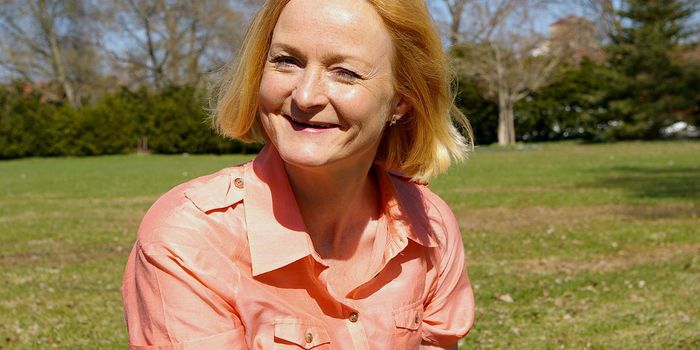Blood Leaking Fibrinogen Is the Cause of Multiple Neurological Diseases
The body has built-in mechanisms to handle brain injury, but when something disrupts the repair process, neurological diseases like multiple sclerosis (MS), stroke, and Alzheimer’s develop. With a new study published in the journal Neuron, scientists from the Gladstone Institutes discovered the role of a blood protein in blocking repair processes in the brain.
Without the myelin sheath, nerve fibers experience a plethora of problems centered around impaired signal transmission: cognition, sensation, movement, and more. When Gladstone researchers realized that it was the blood-clotting protein fibrinogen that was causing the repair problems, they set out to revolutionize the way scientists approach treating neurological disorders.
Fibrinogen, made in the liver, is one of 13 coagulation factors that promote blood clotting. In the right context, blood clotting can save lives by preventing excessive bleeding. In the wrong context, blood clotting can prevent the flow of blood, carrying oxygen and nutrients, to important bodily organs like the brain and heart.
They found that fibrinogen “leaks” into the central nervous system and disrupts the way nerve cells produce myelin, preventing repair. Normally, adult stem cells travel to damaged nerve sites and transform into new myelin-producing cells. However, fibrinogen prevents adult stem cells from making the reparative transition into myelin-producing cells.
"We thought it might be important to look instead at the toxic environment outside the cell, where blood proteins accumulate," explained senior investigator Katerina Akassoglou, PhD. "We realized that targeting the blood protein fibrinogen could open up the possibility for new types of therapies to promote brain repair."
Now that they know what’s stopping repair, scientists are hopeful that they can find a way to better approach treating neurological diseases like MS and Alzheimer’s.
“Repairing myelin by eliminating the toxic effects of vascular damage in the brain is a new frontier in disease therapeutics," said Gladstone’s Lennart Mucke, MD. "This study could change the way we think about how to repair the brain."
Sources: Gladstone Institutes, Healthline









